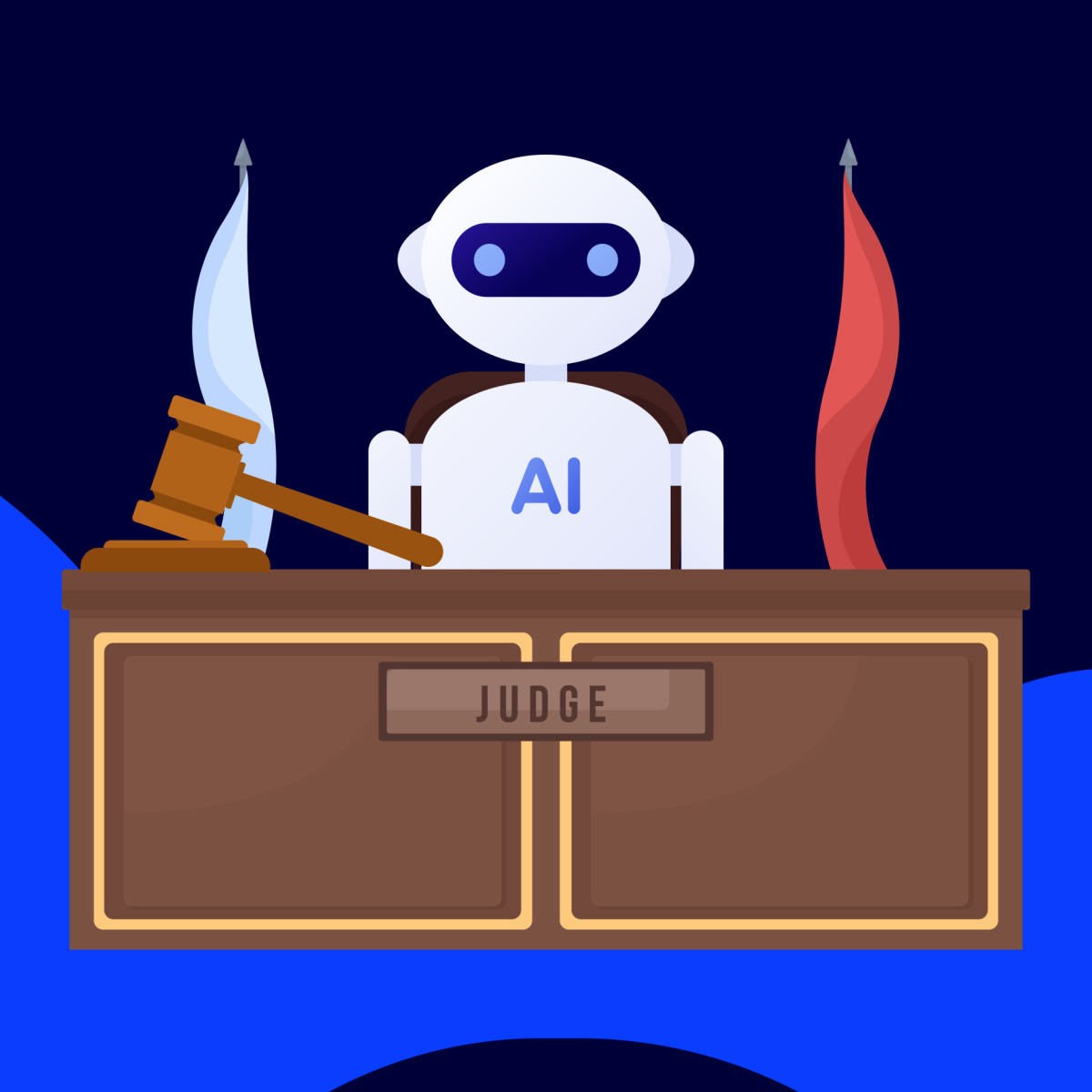
Artificial intelligence (AI) is transforming the legal industry, from document analysis to predictive analytics. However, the use of AI in law also raises ethical concerns, such as bias and privacy. As AI becomes more prevalent in the legal field, it's essential to explore these ethical considerations and develop regulations to ensure that AI is used in a fair and transparent manner.
One of the key ethical debates in AI law is the issue of bias. AI algorithms are only as unbiased as the data they're trained on, and if that data is biased, the AI will be too. This can result in discriminatory outcomes, such as facial recognition technology that is less accurate for people of color. To address this issue, regulations are needed to ensure that AI algorithms are developed and trained on unbiased data.
Another ethical consideration is the use of AI in decision-making processes. Some AI systems are designed to make decisions that were previously made by humans, such as bail decisions or parole recommendations. However, these decisions can have significant impacts on people's lives, and there are concerns that AI systems may not always make fair or just decisions. To address this, regulations are needed to ensure that AI decision-making processes are transparent and accountable.
Privacy is another ethical concern in AI law. AI algorithms often require access to sensitive personal data, such as medical records or criminal histories, to make accurate predictions or decisions. However, there are concerns that this data may be misused or accessed without consent. Regulations are needed to ensure that AI systems protect the privacy and confidentiality of personal data.
Finally, there is a broader ethical debate around the role of AI in society. Some argue that AI could lead to job loss or exacerbate inequality, while others see it as a way to improve access to justice and legal services. As AI continues to transform the legal industry, it's essential to have a broader societal conversation about the role of AI in our lives and how we can ensure that it is used in a way that benefits everyone.
In conclusion, AI is transforming the legal industry, but its use also raises ethical concerns. Regulations are needed to ensure that AI is developed and used in a fair and transparent manner, addressing issues such as bias, privacy, and accountability. As the legal industry continues to evolve, it's important to continue these ethical debates and work towards a future in which AI is used to benefit everyone.
